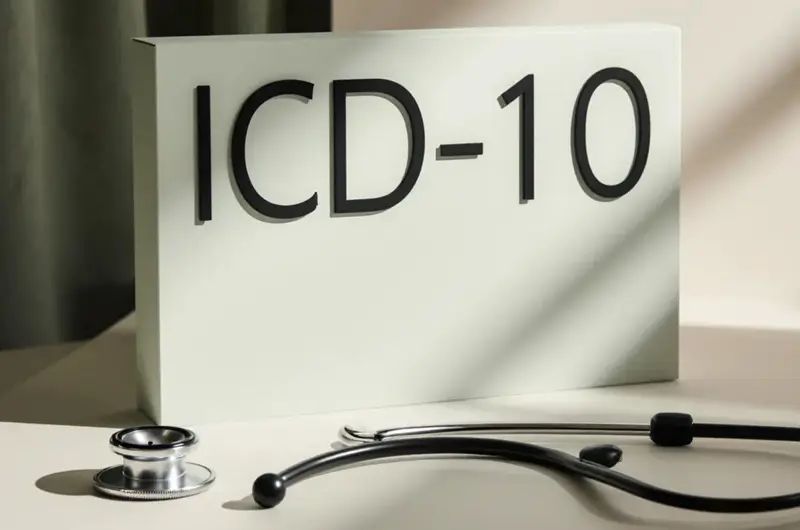In a surprise concession, the Centers for Medicare and Medicaid Services (CMS) recently announced several changes to the plan for ICD-10 implementation in the United States.
The new changes can be viewed as a joint initiative between the CMS and the American Medical Association (AMA) to make things easier for physicians transitioning to the new ICD-10 diagnosis codes set to take effect on October 1, 2015. The additional changes will provide for greater flexibility in the medical claims auditing and quality reporting process as the medical community gains experience in using the new ICD-10 code set.
The ICD-10 medical coding system was introduced with the objective of improving public health research and emergency response times by facilitating early detection of disease and tracking adverse drug events. Earlier, when CMS introduced plans for ICD-10, family physicians had raised strong concerns that changing to a new set of codes required additional time for staff training, and that the possibility of mistakes would be higher if they were to implement these codes so quickly. Compared to just 13,000 ICD-9 codes, ICD-10 codes are far more numerous and include more than 68,000 codes.
In order to ensure that physicians don’t summarily fall victims to medical claims denials or audits for making simple coding mistakes, CMS has now announced a 1-year grace period for claims bearing the ICD-10 diagnostic codes that go into effect on October 1, 2015. The key changes include:
- During the first year of ICD-10 transition, CMS will not deny payment based on ICD-10 coding errors.
- During the one year grace period that begins on October 1 (the date the ICD-10 codes are to be implemented), Medicare claims will not be denied solely on the specificity of the ICD-10 diagnosis codes provided, as long as the physician submits the ICD-10 code from an appropriate family of codes. In addition, Medicare claims will not be audited based on the specificity of diagnosis codes as long as they are from the appropriate family of codes.
- CMS will not penalize physicians and other healthcare professionals participating in the Physician Quality Reporting System (PQRS) for failure to select a specific code as long as they use codes from an appropriate family of codes. Moreover, practices will not face penalties if CMS encounters difficulties in accurately calculating quality scores for these programs.
- CMS will authorize advance payments to healthcare providers if Medicare contractors are unable to process claims within the specified time limit as a result of problems with ICD-10 implementation.
- CMS will establish a communication center to monitor and quickly resolve issues. This includes designating an ICD-10 ombudsman to handle ICD-10 questions and other practitioner issues.
CMS’ decision to implement additional changes in order to ease the transition to ICD-10 was acclaimed by medical societies across the US.
The American Academy of Family Physicians (AAFP) President Robert Wergin points out “these new provisions will enable family physicians to bill accurately, be paid appropriately and provide continued access to care for patients.”
Rather than imposing the new system according to a drop-dead date, physician practices will now have additional time to adjust to the new medical coding system.




